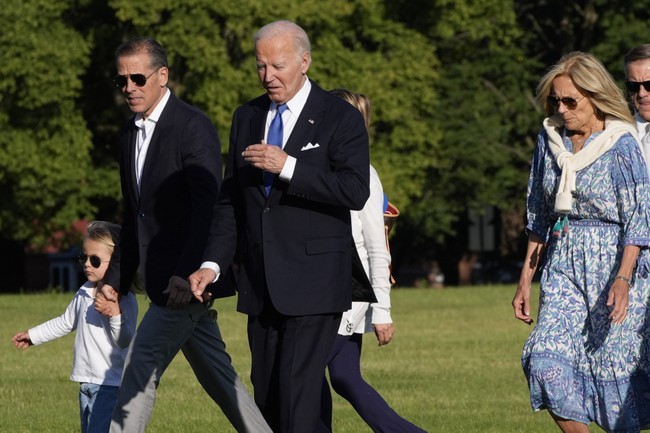Intriguing Dynamics: Taiwan's Global Influence
Explore how Taiwan's global diplomatic journey and geopolitical challenges are reshaping international relations while stirring tensions with China. Gain insights into Taiwan's strategic alliances around the world.
Published December 04, 2024 - 00:12am

Image recovered from arabnews.com
Taiwan's current geopolitical dynamics are increasingly becoming central to discussions on international relations, as President Lai Ching-te embarks on strategic visits across the Pacific amid heightened tensions with China. His itinerary includes significant stopovers in Hawaii and meetings on the Marshall Islands, illustrating Taiwan's complex engagement in a world where its sovereignty remains a contentious issue. This diplomatic journey, however, is far from unchallenged. It remains a delicate balancing act, particularly considering China's vehement opposition to official exchanges between Taiwan and any foreign nations, especially its transits through American territories.
In Hawaii, Lai emphasized the importance of peace to mitigate the rhetoric of war. His remarks at the USS Arizona Memorial highlighted a poignant reminder of historical conflicts, resonating deeply with notions of peace in a politically conflicted region. The visit was shadowed by China's pronounced dissatisfaction, where Beijing lodged strong representations to Washington, opposing Lai's transit and demanding an end to such actions that they perceive as endorsing Taiwanese separation.
As Lai proceeded to his next destination, the Marshall Islands, the diplomatic undertones were underscored by the warm reception from President Hilda Heine, a staunch advocate for Taiwan's inclusion in the United Nations. Political ties within the Pacific from the Marshall Islands to Tuvalu and Palau represent strategic alliances critical for Taiwan, given its limited formal recognition worldwide. These relationships are pivotal in Taiwan's quest for greater international inclusion and its defense against China's claims and potential military intimidations.
Amidst this, the overarching involvement of the United States adds another layer of complexity. The US continues to be Taiwan's most formidable unofficial ally, maintaining a delicate stance by ensuring Taiwan's defensive means through arms sales while balancing its relations with China. A recent US arms package sold to Taiwan, valued at $385 million, comprising spare parts and systems for F-16 jets, has incited China's vow of resolute countermeasures, expressing its dissent vehemently through diplomatic channels.
China's historical perspective plays a critical role in its unyielding stand over Taiwan, citing Taiwan's historical ties to mainland China across centuries, reinforced by international documents such as the Cairo Declaration and the Potsdam Proclamation post-World War II. These documents are referenced by China to affirm Taiwan's unbreakable link to its territory, opposing Taiwan's sovereignty claims and reinforcing Beijing's one-China principle both domestically and internationally.
Throughout all these diplomatic encounters, Taiwan's pursuit comes with challenges. Lai's visits are perceived by China as provocative and separatist, entwined with historical grievances and the strategic significance of ensuring Taiwan remains aligned strictly as part of China's territorial integrity. Such perspectives underscore the perilous tightrope that Taiwan walks in asserting its place on the global stage.
The ongoing rhetoric and movements bring to light the broader implications of US-China relations as well. Washington's stance on Taiwan remains an emblematic factor of the geopolitical rivalry. Navigating through these multi-layered diplomatic efforts and associated military undertones will require strategic diplomatic negotiations to prevent an escalation of tensions and ensure harmony across the sensitive balance of power in the region.






